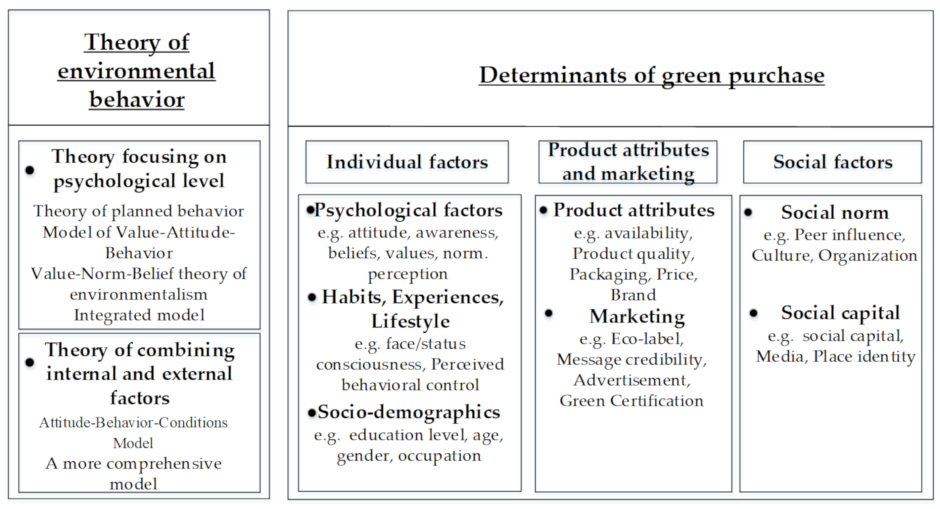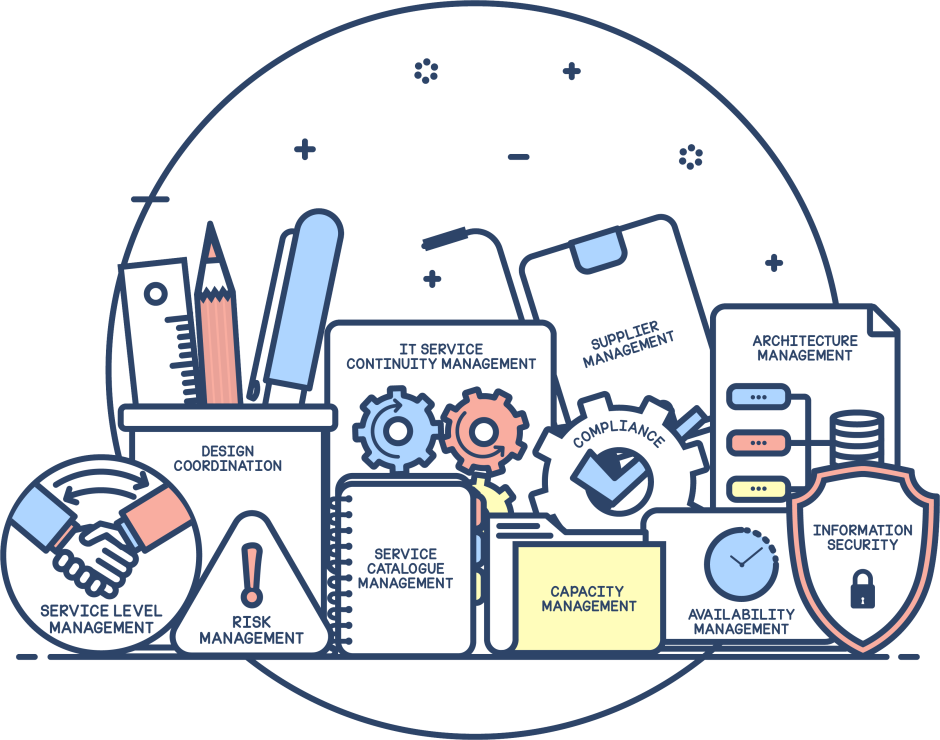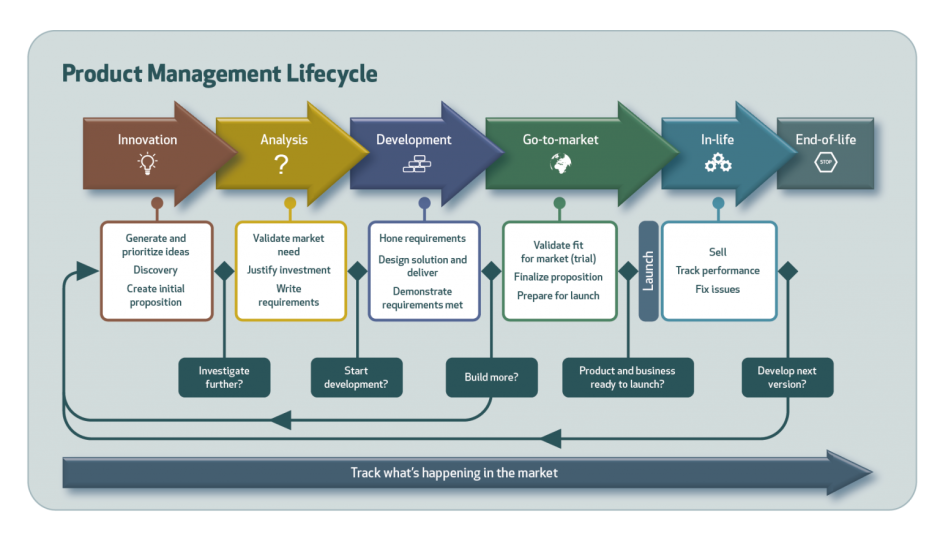Industrial and organizational psychology
Industrial and Organizational Psychology, also known as I/O Psychology, is a fascinating field that studies the behavior of individuals within the workplace. This branch of psychology focuses on understanding and improving various aspects of work environments to enhance employee performance, job satisfaction, and overall organizational effectiveness.
In the realm of industrial psychology, experts often examine factors such as job analysis, selection and placement, training and development, and performance appraisal. By analyzing these elements, professionals aim to identify the best strategies for attracting, selecting, and retaining talented individuals. They also strive to create effective training programs that maximize employee potential, productivity, and growth.
On the other hand, organizational psychology delves into areas like motivation, leadership, group dynamics, and organizational culture. Experts in this field study the ways in which these factors impact employee attitudes, behaviors, and overall satisfaction. By understanding how to effectively motivate employees and build strong leadership teams, organizations can foster positive work environments and cultivate high levels of employee engagement.
With the help of qualitative and quantitative research methods, I/O psychologists gather data to provide insights and recommendations that drive positive change within organizations. They collaborate with HR departments, management teams, and employees to implement evidence-based practices and interventions that can lead to increased productivity, job satisfaction, and overall well-being.
By utilizing their expertise in psychology and human behavior, I/O psychologists play a vital role in addressing various workplace challenges. They assist organizations in building stronger teams, improving communication and collaboration, reducing turnover, and enhancing job performance. Ultimately, their aim is to create healthier, more productive work environments where employees can thrive and organizations can succeed.













































































